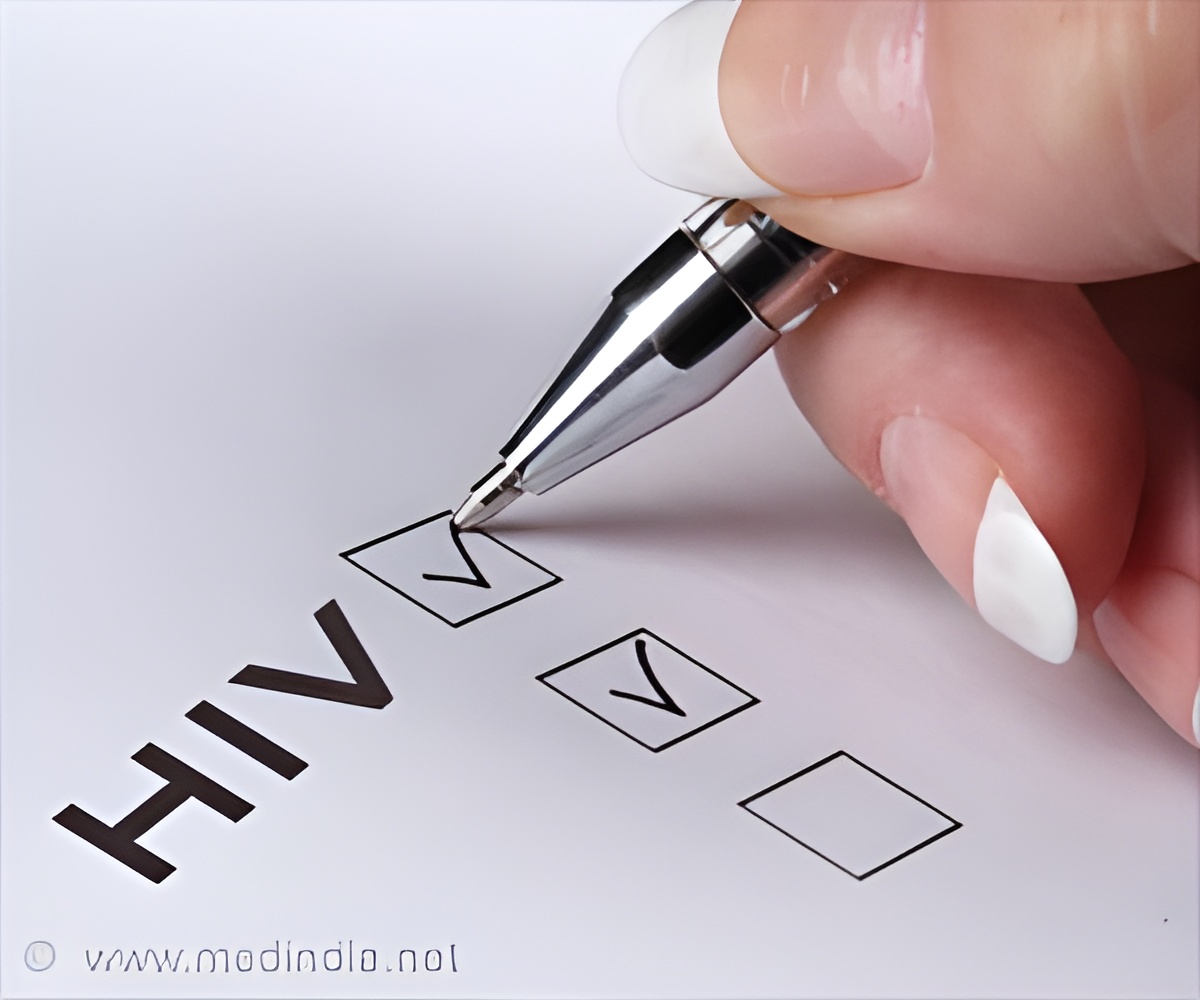People with HIV have nearly twice the heart attack risk. Heart attack and stroke risk are underestimated.

- Globally 36.7 million people are living with HIV.
- Risk of heart attack and stroke underestimated in HIV patients.
- Heart attacks are more frequent in people with HIV.
TOP INSIGHT
Heart attack risk for people with HIV nearly 50% higher than predicted.
Data from approximately 20,000 HIV-infected individuals was taken for analysis. The predicted rates of heart attacks (general population) to the actual rates of heart attacks (observed in the cohort) were compared.
HIV and Heart Attack Link
Heart attack risk about 1.5 to 2 times greater exists in people whose virus was undetectable. It’s because the virus still lurks in the tissues creating inflammation that causes plaque buildup which can lead to a heart attack or stroke. Plaque buildup occurs 10 to 15 years earlier in HIV patients than in the uninfected population.
"Despite these differences, we found that risk scores developed in the general population -- while not as accurate as we would like -- are still useful in assessing risk in HIV populations," said Crane, associate professor of medicine at the University of Washington. "More research is needed to develop better ways to assess risk in HIV. "
Based on the study, the current predictor tool was least accurate in African American men and women and most effective for Caucasian men.
A clinical trial is underway at Northwestern Medicine to evaluate how well statins work to prevent heart disease in the HIV-infected population.
HIV and Cardiovascular Disease
- Cardiovascular disease is a common occurrence in people over 40 living with HIV.
- Research studies have revealed that HIV patients are 50-100% more likely to develop heart attack and stroke than people without HIV.
- HIV infection causes chronic inflammation which leads to plaque buildup in the blood vessels (arteries).
- Anti-retroviral medications (drugs used to treat HIV) can increase cardiovascular disease risk by causing insulin resistance. Protease inhibitors are associated with high levels of fat in the blood - in turn linked to an increased risk of heart disease.
- Conventional risk factors for cardiovascular disease like smoking, alcohol, high blood pressure, diabetes, obesity, lack of exercise are also higher among people with HIV.
- 1.8 million children are living with HIV globally.
- Majority of people living with HIV are in low and middle income countries.
- South Africa has the highest prevalence of AIDS compared to any other country in the world.
- In India (2015), 2.1 million people are living with HIV.
- Every minute a young woman is infected with HIV.
- 17 million people are accessing antiretroviral therapy.
- Maintain a healthy weight
- Get regular exercise
- Avoid smoking and alcohol
- Control your blood pressure, lower LDL cholesterol
- Maintain tight control over blood glucose levels
- Eat healthy
- Get screened for heart disease
- Matthew J. Feinstein, Robin M. Nance, Daniel R. Drozd, Hongyan Ning, Joseph A. Delaney, Susan R. Heckbert, Matthew J. Budoff, William C. Mathews, Mari M. Kitahata, Michael S. Saag, Joseph J. Eron, Richard D. Moore, Chad J. Achenbach, Donald M. Lloyd-Jones, Heidi M. Crane. Assessing and Refining Myocardial Infarction Risk Estimation Among Patients With Human Immunodeficiency Virus.; JAMA Cardiology; (2016) DOI:10.1001/jamacardio.2016.4494
- HIV Facts - (http://www.who.int/gho/hiv/en/)
- Staying Healthy with HIV - (https://www.aids.gov/hiv-aids-basics/staying-healthy-with-hiv-aids/potential-related-health-problems/cardiovascular-health/)
- AIDS Global Statistics - (https://www.aids.gov/hiv-aids-basics/hiv-aids-101/global-statistics/)
- HIV Around the World - (http://www.avert.org/professionals/hiv-around-world/asia-pacific/india)
 MEDINDIA
MEDINDIA




 Email
Email










